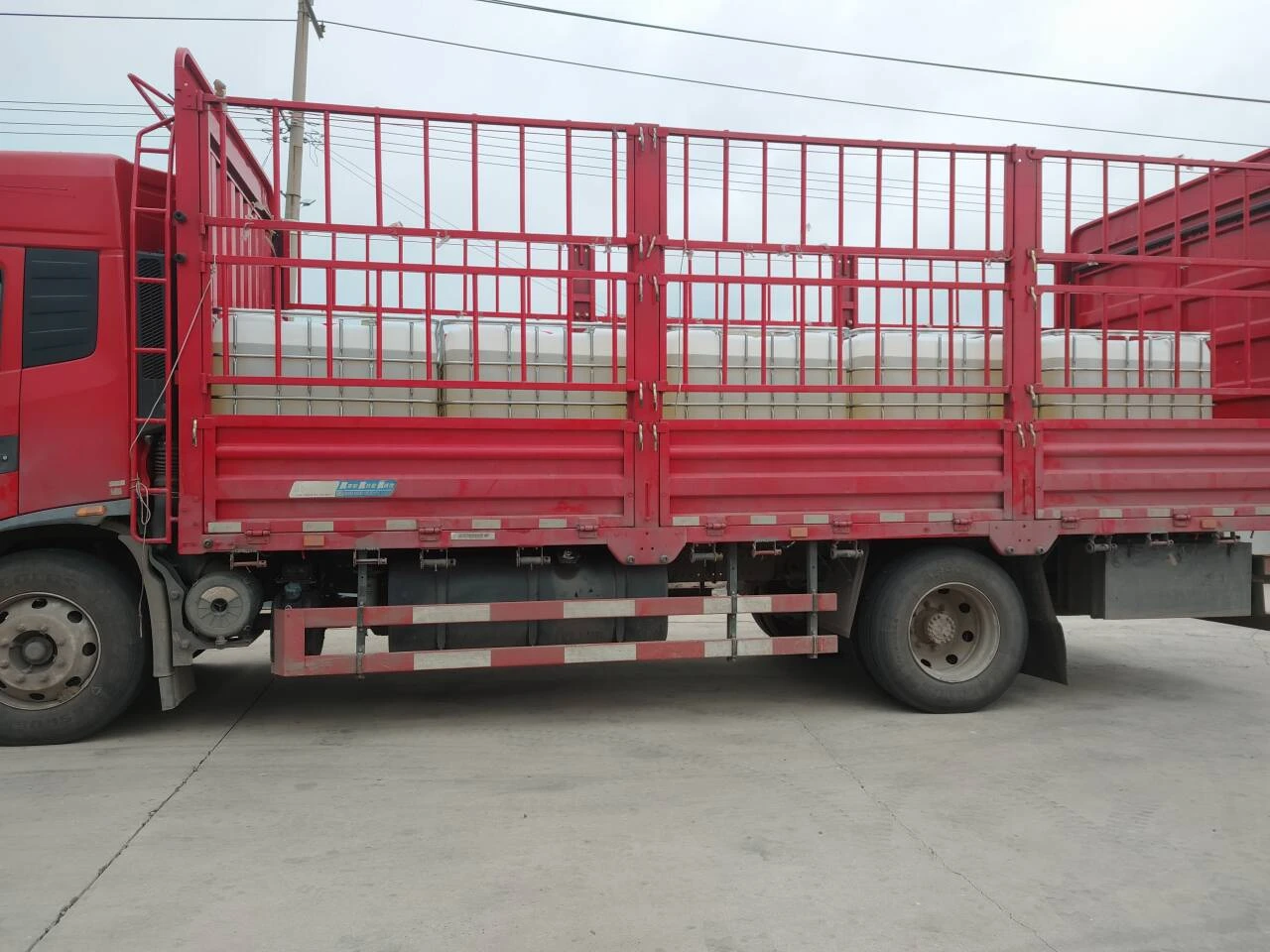Chemical Treatment for Chilled Water Systems Ensuring Efficiency and Longevity
Chilled water systems are vital components of modern heating, ventilation, and air conditioning (HVAC) operations in commercial and industrial settings. They efficiently cool spaces by circulating chilled water, but their performance can be significantly affected by various factors, including water quality. One effective method to maintain optimal performance, reduce energy consumption, and prolong equipment life is through chemical treatment.
The Importance of Chemical Treatment
Chemical treatment is essential for preventing issues such as scale formation, corrosion, and biological growth within chilled water systems. Scale buildup can occur when mineral deposits precipitate out of water, leading to reduced heat transfer efficiency and potential damage to pipes and heat exchangers. This can result in increased energy costs and unplanned downtime. Similarly, corrosion can compromise the integrity of metal components, undermining the system's reliability.
Moreover, untreated systems can become breeding grounds for microorganisms, leading to biofilm development, which further impacts system efficiency and indoor air quality. Thus, implementing a robust chemical treatment program is imperative for maintaining the health and efficiency of chilled water systems.
Common Chemical Treatments
1. Corrosion Inhibitors These chemicals protect metal surfaces in the chilled water system from oxidative damage caused by dissolved oxygen and other corrosive agents. Common corrosion inhibitors include phosphonates, molybdates, and nitrites. They form a protective layer on metal surfaces, minimizing the risk of pitting and general corrosion.
chemical treatment for chilled water system

2. Scale Inhibitors To prevent scale buildup, various chemical agents are employed. Phosphonate and polyacrylate-based treatments can be significant for maintaining a clean heat exchange surface. These compounds work by disrupting the crystal growth mechanisms of minerals and keeping them in suspension within the water, preventing deposits from forming on equipment surfaces.
3. Biocides To control biological growth, biocides such as bromine, chlorine, and hydrogen peroxide are utilized. These chemicals help manage bacterial populations and mitigate the risk of biofilm formation, ensuring the system operates efficiently and safely. Regular monitoring and treatment are necessary to combat the varying levels of microbial activity due to temperature fluctuations and water chemistry changes.
Best Practices for Chemical Treatment
To achieve the maximum benefit from chemical treatment, regular testing of water quality is crucial. Parameters such as pH, conductivity, and the concentration of specific chemical species should be monitored closely. This practice allows for timely adjustments to chemical dosing, ensuring the system remains within optimal operational parameters.
It is also essential to work with experienced professionals when choosing and implementing chemical treatment programs. They can provide guidance on the appropriate chemicals for specific conditions, ensuring compliance with regulatory standards and environmental considerations.
Conclusion
In summary, chemical treatment is a critical aspect of maintaining the efficiency and longevity of chilled water systems. By preventing corrosion, scale formation, and biological growth, chemical treatments not only enhance system performance but also extend the life of equipment and reduce energy consumption. Implementing a proactive approach that includes regular monitoring and adjustment of chemical treatments ensures that chilled water systems continue to operate at peak efficiency. As industries increasingly focus on sustainability and efficiency, the relevance of effective chemical treatment will only grow, solidifying its importance in modern HVAC system management.

